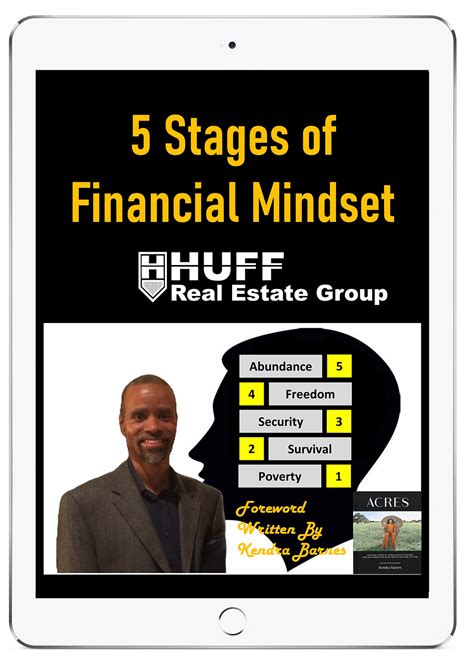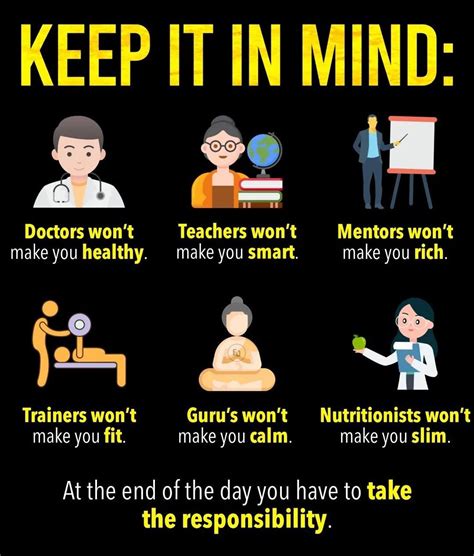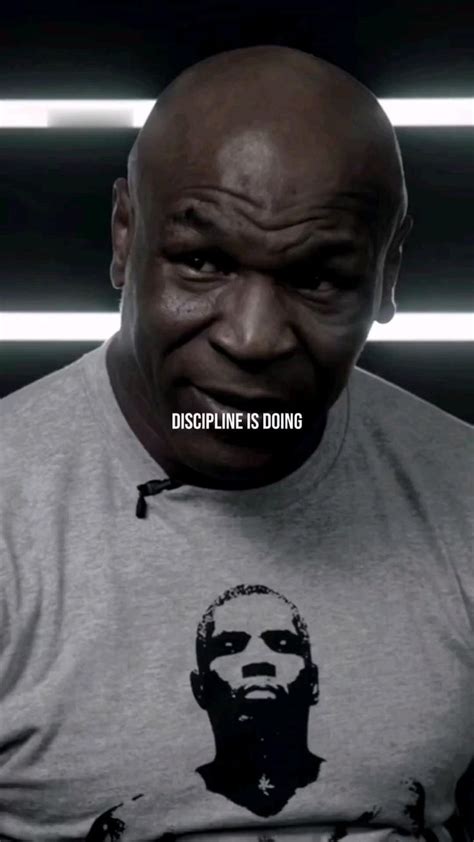Navigating the Inevitable Bumps in the Road
Life is an unpredictable journey, and nowhere is this more apparent than in our pursuit of financial stability and physical well-being. Whether it’s an unexpected expense derailing your budget, an investment gone sour, a plateau in your workout routine, or an injury that sidelines your fitness goals, setbacks are an inevitable part of the process. The immediate aftermath can feel discouraging, even defeating. However, the true determinant of your long-term success isn’t the setback itself, but rather how you choose to react to it.

The Power of Perspective: Redefining “Failure”
The first crucial step in turning failure into fuel is to reframe your perception of it. Many view setbacks as definitive endings, a sign of personal inadequacy. But what if “failure” was simply feedback? What if it was just data, indicating an approach that didn’t yield the desired outcome? This shift in perspective is the cornerstone of a resilient mindset. Instead of internalizing the setback as a personal flaw, view it as an opportunity for critical analysis and strategic adjustment.
For example, a failed financial goal isn’t a declaration of your inability to manage money; it might reveal a need for a more realistic budget, diversified investments, or a better emergency fund. Similarly, a fitness plateau isn’t a sign that you’re not strong enough; it could signal a need to vary your training, adjust your nutrition, or prioritize recovery.

Cultivating a Growth Mindset: The Learning Opportunity
At the heart of transforming setbacks into fuel lies the “growth mindset.” Pioneered by Carol Dweck, this mindset embraces challenges as opportunities for learning and development, rather than threats to be avoided. When faced with a financial shortfall or a fitness regression, ask yourself: “What can I learn from this?”
- Identify the Root Cause: Was it a lack of planning, external circumstances, insufficient knowledge, or a lapse in discipline?
- Extract the Lesson: What specific insight can you gain that will inform your future actions?
- Formulate Adjustments: How can you modify your strategy, acquire new skills, or seek different resources to prevent a recurrence?
This proactive approach replaces self-blame with constructive problem-solving, turning a moment of disappointment into a blueprint for improvement.
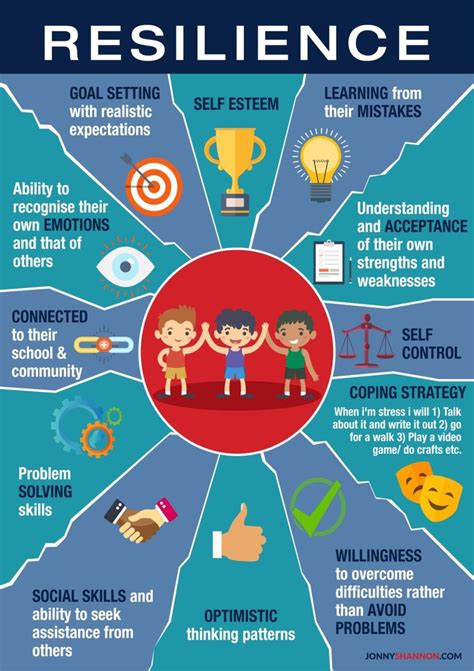
Embracing Self-Compassion and Resilience
While learning is vital, it’s equally important not to fall into the trap of harsh self-criticism. Self-compassion is your ally during challenging times. Treat yourself with the same kindness and understanding you would offer a friend. Acknowledge the difficulty of the situation without dwelling on negativity. This isn’t about excusing poor decisions, but about fostering a supportive internal environment that allows you to bounce back.
Resilience isn’t about avoiding falls; it’s about how quickly and effectively you get back up. It involves acknowledging the disappointment, processing it, and then intentionally shifting your focus back to your goals. This process builds mental fortitude, making you stronger and more prepared for future challenges.
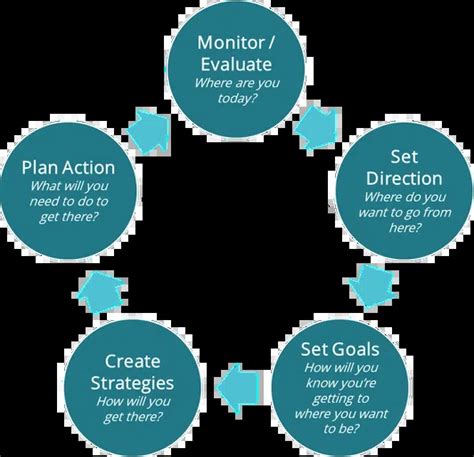
Action-Oriented Strategies: From Reflection to Re-engagement
A positive mindset is powerful, but it must be paired with action. Once you’ve reframed the setback, learned your lessons, and shown yourself compassion, it’s time to re-engage. This involves breaking down your goals into smaller, manageable steps, and developing a revised action plan.
- Set Realistic, Incremental Goals: Don’t try to fix everything at once. Focus on one or two small, achievable steps.
- Seek Support: Talk to a financial advisor, a personal trainer, a mentor, or a supportive friend. External perspectives can offer valuable insights.
- Track Progress (However Small): Celebrate minor victories. This reinforces positive habits and keeps motivation high.
- Maintain Consistency: Even small, consistent efforts compound over time, rebuilding momentum and confidence.
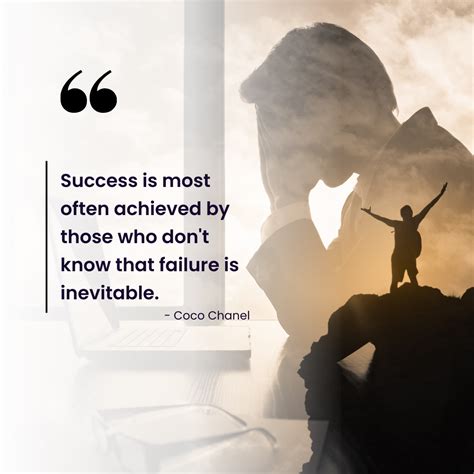
Fueling Your Future: The Long-Term Impact
The mindset that transforms failure into fuel isn’t just about recovering from a setback; it’s about building an unbreakable foundation for future success. Each time you apply this approach, you strengthen your capacity for resilience, learning, and self-efficacy. You develop a deeper understanding of your strengths and weaknesses, making you better equipped to navigate the complexities of finance and fitness, and indeed, life itself.
So, the next time you encounter a financial dip or a fitness hurdle, remember that it’s not the end of the road. It’s merely a signal, an opportunity, and a powerful catalyst to refine your approach, strengthen your resolve, and propel yourself forward with renewed vigor and wisdom. Embrace the lessons, adjust your sails, and let your past challenges fuel your journey to greater achievements.
